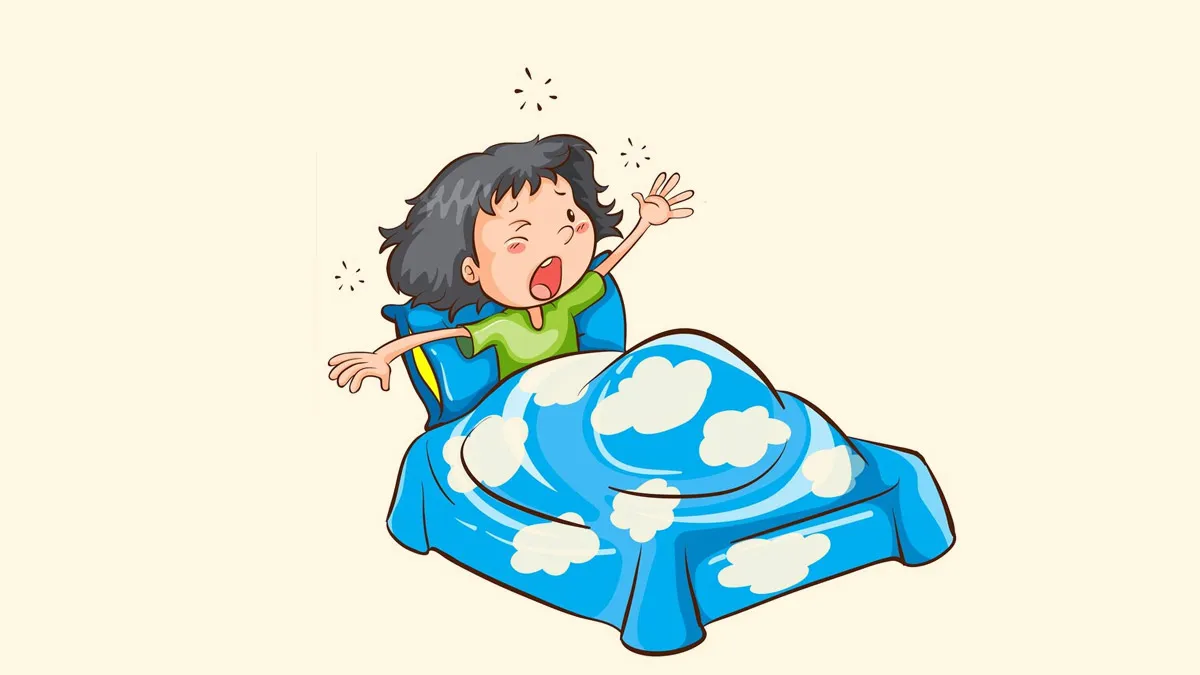
A good night's sleep is essential for the body and mind's proper functioning. Once you get sufficient nap time, your mood and appetite get regulated, and your productivity increases. It can also elevate your focus, concentration, and creativity. As per several studies, young adults, in the age bracket of 18–25 years, and those between 26 and 64 years should aim for 7 to 9 hours, while older adults (65 years and older) must sleep for 7–8 hours. However, at times, we experience sudden wake-ups. This can be due to several factors and can negatively impact our heart and arteries, warns Dr. Ravi Kesari, MD - Physician, General Physician, Apollo Spectra Hospital, Bangalore. Here's more of what he said.
"Sudden wake-ups can happen due to nightmares, environmental noises, or a state of anxiety. These abrupt awakenings can trigger a cascade of physiological responses, some of which may have a significant impact on cardiovascular health and these are more common than we realize," says Dr. Kesari.
He adds such "wake-ups can trigger immediate cardiovascular responses that, if repeated or prolonged, may hurt heart health."
Don't Miss: Revamp Your Routine: Transformative Bedtime Habits For Better 2024 Sleep
If unchecked, the sudden wake-ups can pose potential risks to heart health, such as,
1) Increased Heart Rate and Blood Pressure
When you wake up with a jolt, your body initiates the "fight or flight" response, which immediately increases your heart rate and blood pressure. This reaction is normal, but frequent stress can wear out the cardiovascular system. Long-term, chronic exposure to such stressors may cause hypertension, thereby increasing the risk of heart disease.
2) Spike In Stress Hormones
Sudden wakings almost always lead to an increase in levels of stress hormones like cortisol and adrenaline. While generally these are useful and assist the body in preparing to take action immediately, they can also lead to the constriction of blood vessels, thus raising blood pressure even further. If these hormones continually remain high, they can have a damaging impact on cardiovascular health and increase the risk of diseases like atherosclerosis.
3) Disrupted Sleep Pattern
Repeated sudden awakenings disturb the normalpattern of sleep, resulting in poor quality and insufficient rest. Such a cycle hinders the body’s ability to enter the stages of sleep that are supposed to be restorative and important for the maintenance of heart health. Given this, sleep loss caused by jerky wake-ups could lead to cardiovascular issues, including heart attack and stroke.
Having said that, Dr. Kesari points out that it might not be a problem for healthy individuals for a brief period, "but frequent wake-ups over time can affect the heart."
However, for those who already have "underlying cardiovascular issues, this stress on the heart could contribute to more severe conditions such as arrhythmias, hypertension, and even heart attacks," the doctor warns.
Practicing a few mindful strategies, like improving sleep hygiene, using gentle wake-up methods, and managing stress, can help mitigate the risks, Dr. Kesari wraps up.
Don't Miss: Tips To Maintain Sleep Hygiene For Improved Mental Health
If you liked this story, please share it. For more such articles, please stay tuned to HerZindagi.
Our aim is to provide accurate, safe and expert verified information through our articles and social media handles. The remedies, advice and tips mentioned here are for general information only. Please consult your expert before trying any kind of health, beauty, life hacks or astrology related tips. For any feedback or complaint, contact us at [email protected].